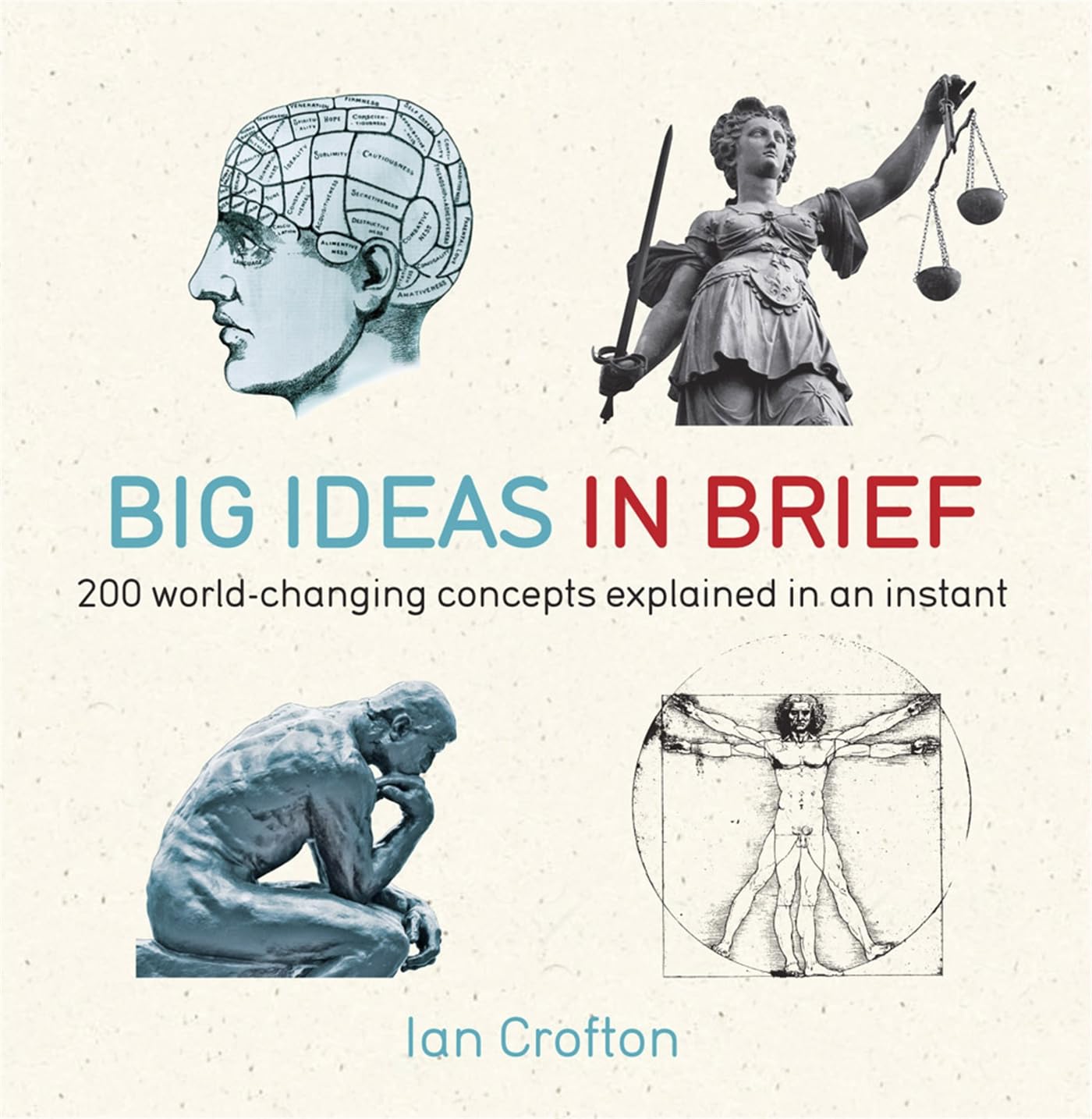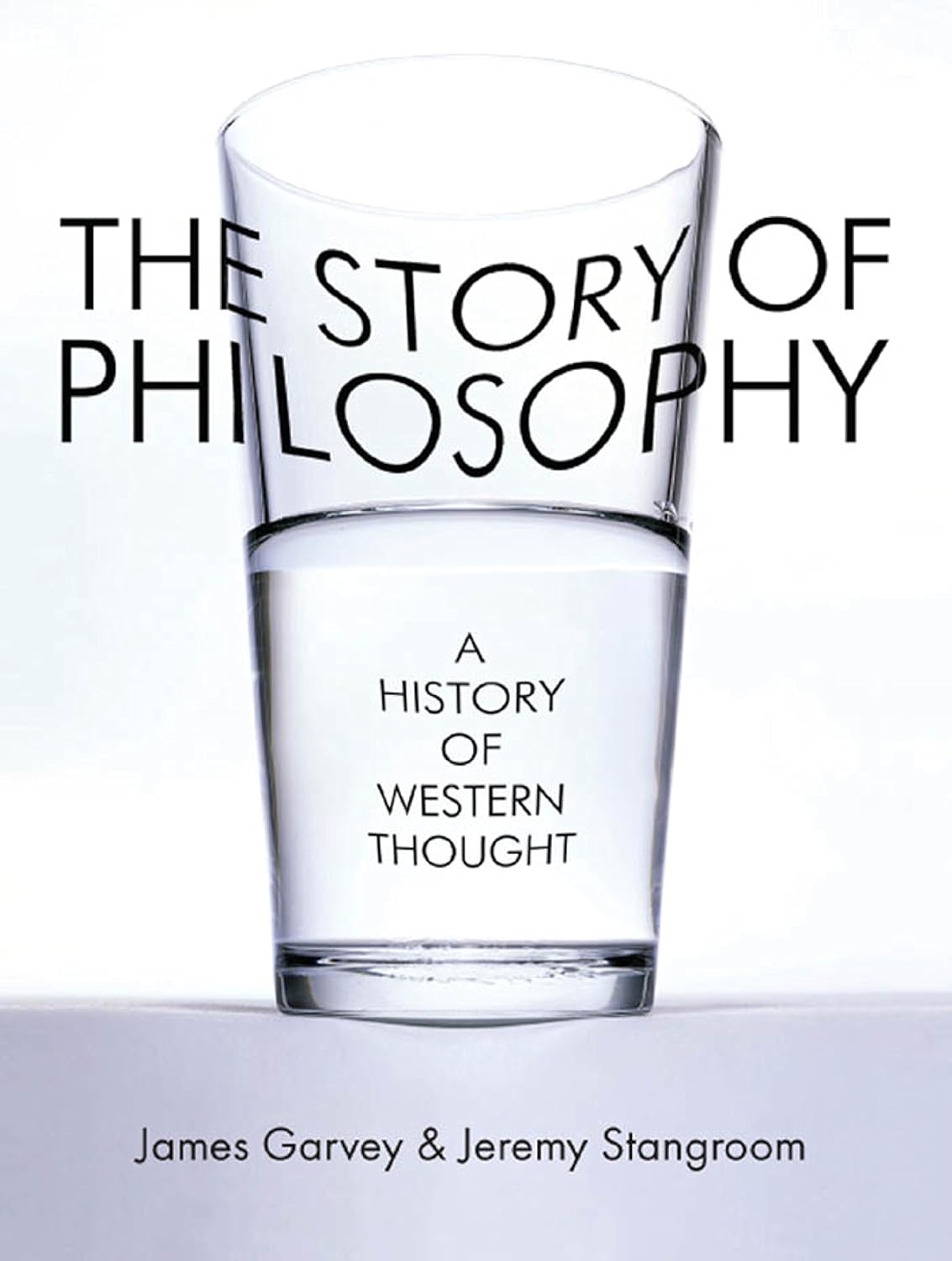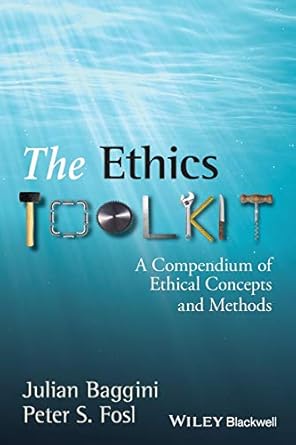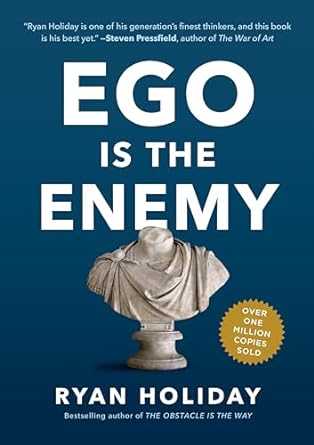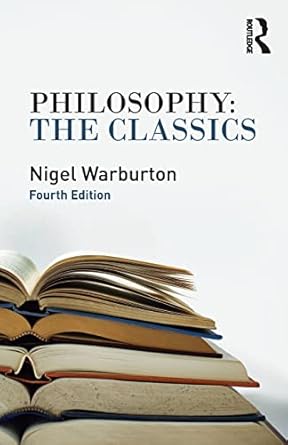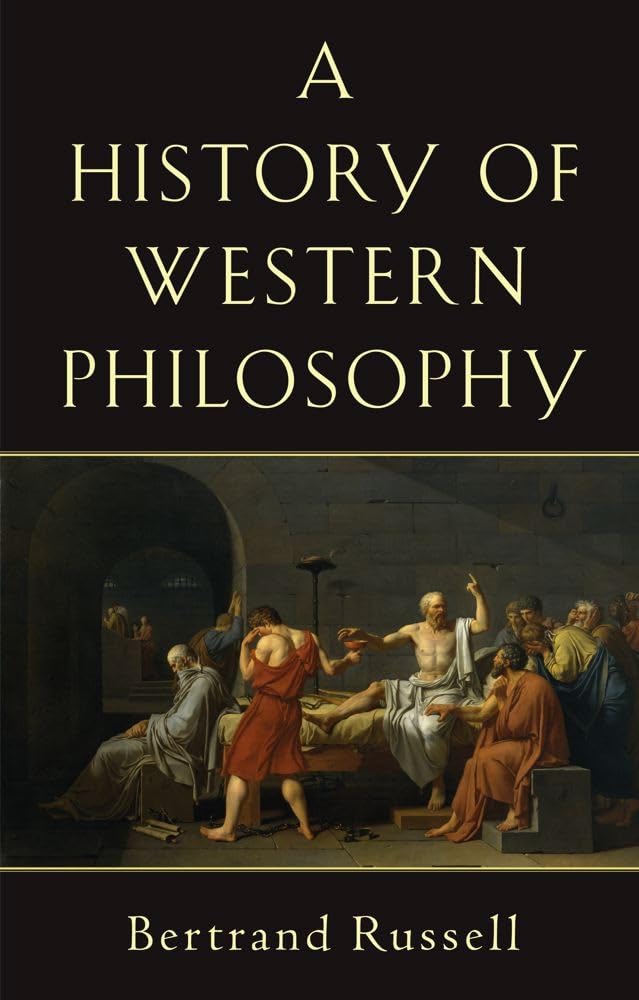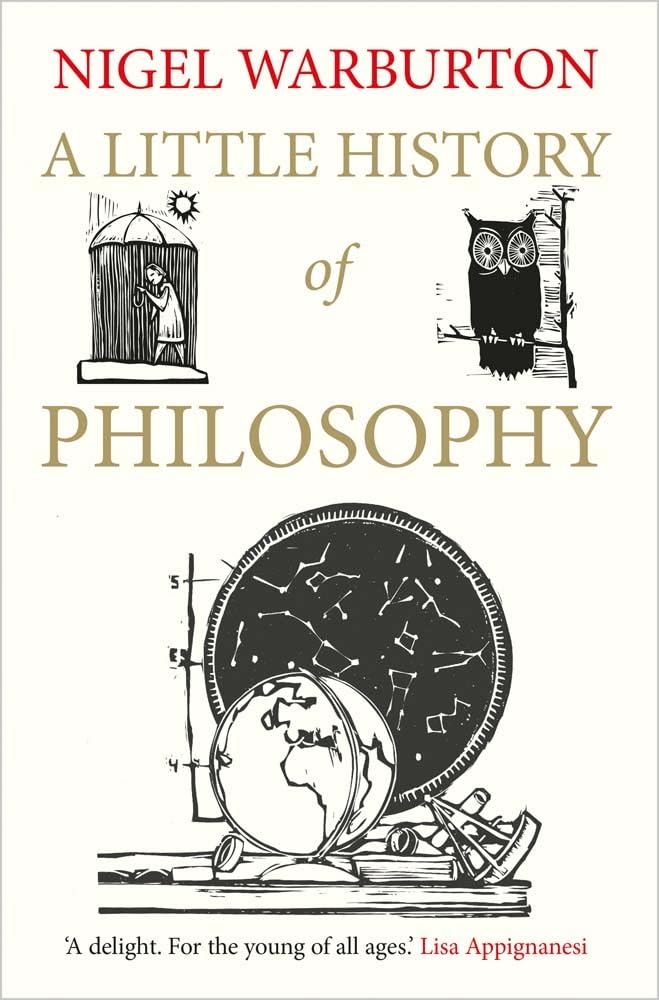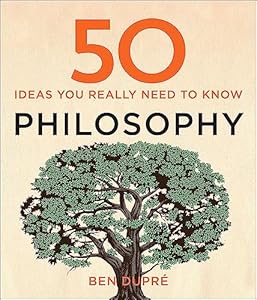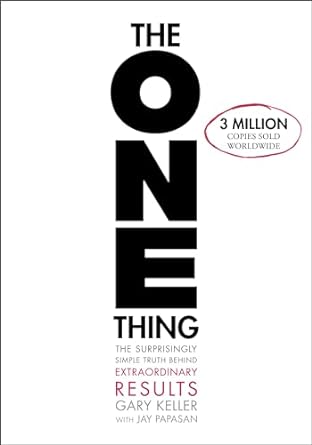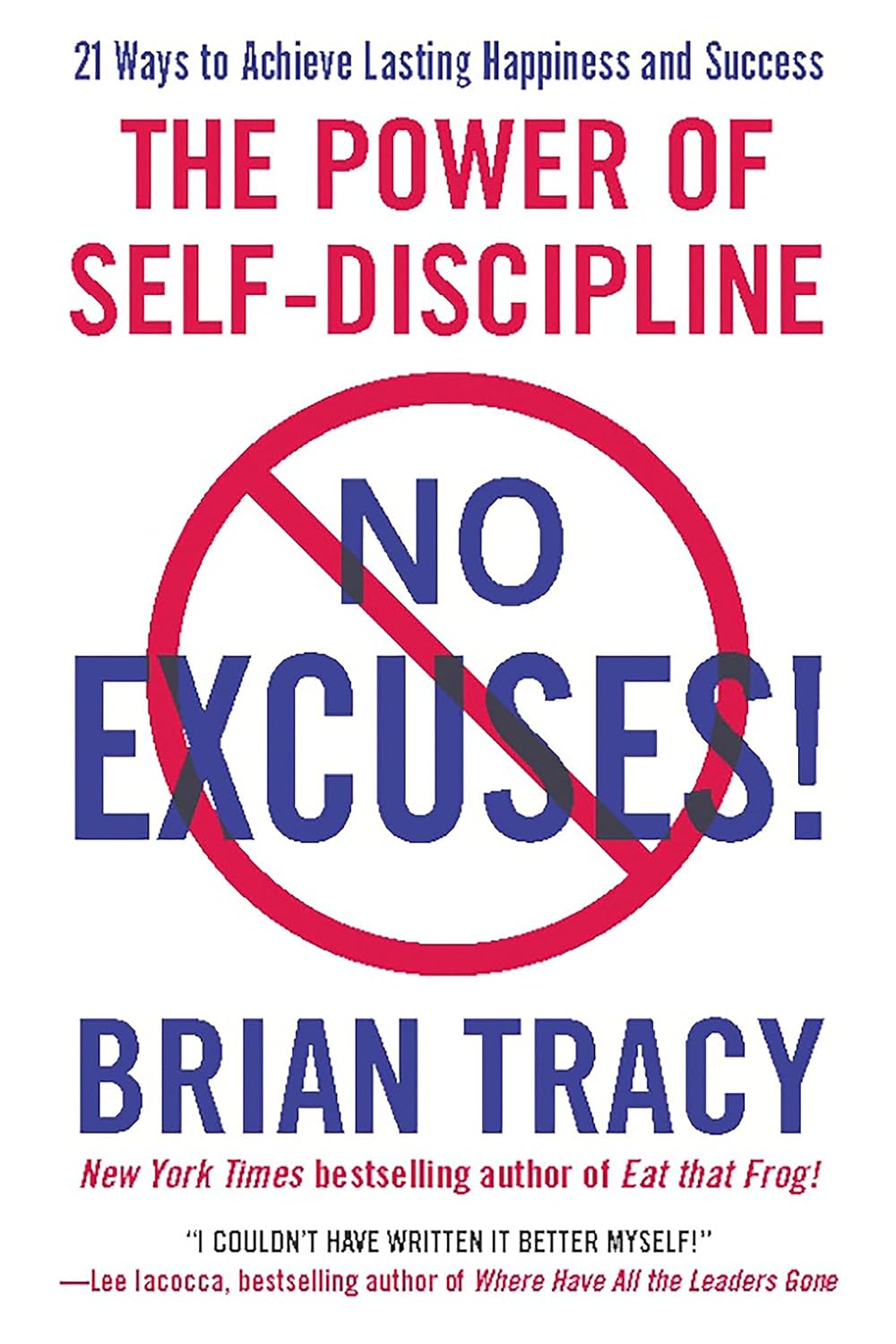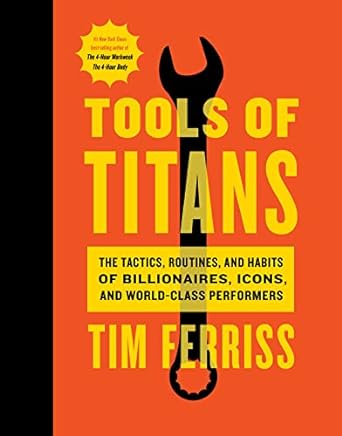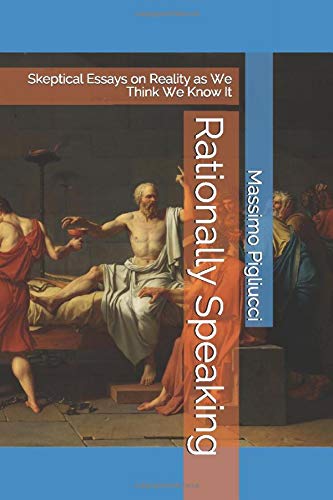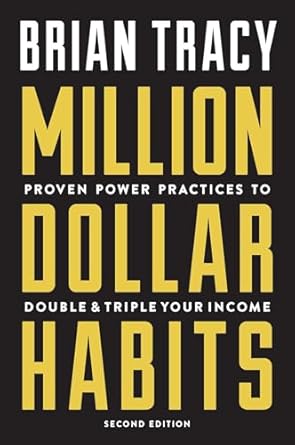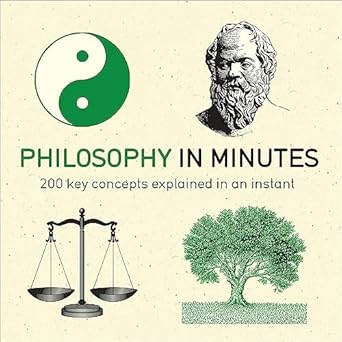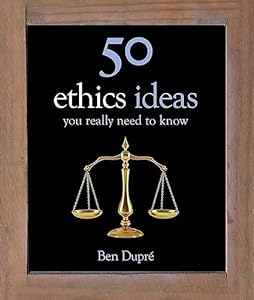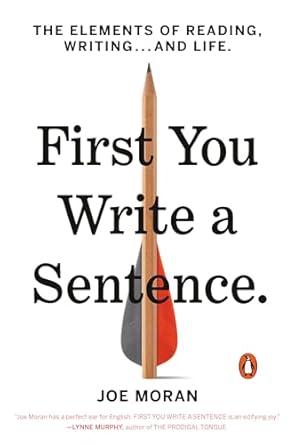Golden Mean
The concept, often attributed to Aristotle, that virtues, or the right actions, lie between two extremes: an excess and deficiency of a particular quality.
Examples:- Courage as the virtue between cowardice and rashness.
- Generosity as the vitrue between greed and wastefulness.
- Modesty as the vitrue between shyness and shamefulness.
Key Insights & Principles
Personal Growth
Insights:- Extremes of any quality can be destructive.
- Where the golden mean between vices lies can depend on context, and therefore moderation in all actions and qualities does not contribute to virtue.
- Everyone can strengthen what they are missing.
- The good life can be about developing ones virtues.
- Develop what you lack.
- Examine areas of life or traits that have become excesses.

